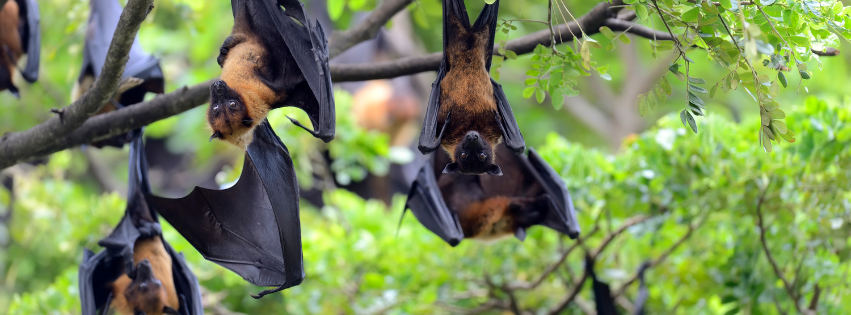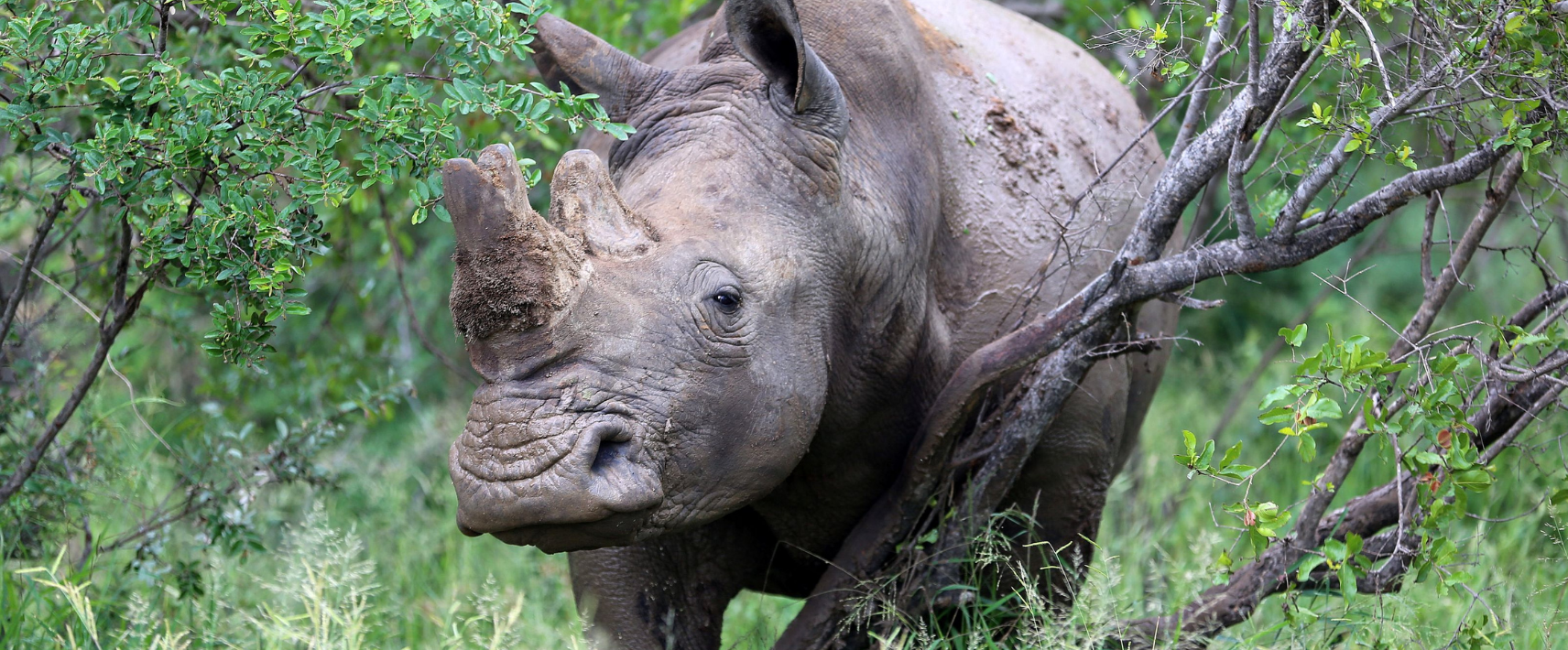SYDNEY (January 6, 2026) Humane World for Animals Australia (formerly called Humane Society International) has criticised the Crisafulli Government’s decision to reverse the former government’s phase-out of shooting flying foxes for crop protection. The animal protection charity says the move seriously undermines progress toward effective non-lethal management and brings back...
Last week, we celebrated the transport of 55 dogs from South Korea to the United States, rescued just before they were splayed on a butcher’s block and destined for the pot. It’s our seventh major rescue in South Korea, where we help transition the farmers to other professions or welcome them into retirement. While the turnaround in the lives of these dogs is head-spinning, we’re quick to remind people that the problem remains immense and there are still so many left behind. We have so much work to do.
That continuing problem was highlighted in an article from Joe Cochrane in Sunday’s New York Times, about the growing demand in Indonesia – the fourth largest country in the world by population – for dog meat.
The dog meat trade in Indonesia is unregulated and operates for the most part in breach of national and local laws focused on animal disease control, but it is thriving because more Indonesians can now afford to eat dog meat. Misconceptions about dog meat are widespread: some believe it warms the body, or increases virility. Dog meat is often regarded, mistakenly, as having medicinal properties, although all the evidence actually points to the contrary: dogs involved in the trade carry a high risk of rabies, and of transmitting the disease to humans.

“Walter” looks on after being rescued from a South Korean dog meat farm by Humane Society International on Sunday, March 26, 2017, in New York. (Andrew Kelly/AP Images for Humane Society International)
Dogs are not covered by Indonesia’s animal cruelty law, and the way the animals caught up in this trade are slaughtered is brutal and inhumane. Cochrane describes one slaughterhouse: One by one, they are taken down a flight of steps to an open room with a concrete pig sty in the back. The dogs are beaten over the head with a wooden club, then stabbed through the throat as they lie unconscious. The blood is drained into buckets and sold to restaurants along with the meat, for cooking purposes.
Humane Society International started to combat the trade in Indonesia years ago with the support of local groups, and has now developed partnerships with local and international groups to take it on in a much more direct and powerful way.
A recent report commissioned by the Asia Canine Protection Alliance, which includes HSI, Soi Dog Foundation, and Change for Animals Foundation, found various methods of slaughter being practiced in different parts of the country, each more cruel than the other, including poisoning the dogs with potassium cyanide. The dogs in the meat market are often pet dogs or guard dogs stolen from their families.
With the HSI/ACPA report, we hope to learn more about the inner workings of the dog meat trade in Indonesia, including the origin of the dogs, methods of slaughter, consumer demographic, and demand. We also hope to identify “hot spots” where the trade is most prevalent. HSI local partners have met with local authorities to understand their knowledge of the trade, and their perception in addressing the many problems that exist within the trade. Very recently, HSI had a strategy meeting with relevant local stakeholders, sharing the report findings and discussing ways to address the dog meat issue on a nationwide and provincial level, while gaining political and public support for ending the trade.

Just last week, 55 dogs were rescued from being killed in the 7th dog meat farm in South Korea shut down by HSI. Photo: Jean Chung for HSI.
More broadly, on this blog, I have shared news of the progress made by HSI in ending the dog meat trade in countries like China, Vietnam, and South Korea. Through consistent campaigning, educating, on-the-ground rescues, and by working with Chinese partners, police, and government officials, we have succeeded in bringing down significantly the number of dogs and cats slaughtered at China’s annual Yulin dog meat festival. In Vietnam, we have worked with local groups and authorities to train them in confiscating illegal transports of dogs and caring for them, bringing that country one step closer to slowing the trade.
Besides the progress in these countries, several more areas, including Hong Kong, the Philippines, Taiwan, and Singapore, now have dog meat bans in place. But an estimated 30 million dogs are still slaughtered for meat in Asia, and our work to end the dog meat trade continues in earnest. As HSI expands around the globe, we hope to open an office in Indonesia where we are already working to stem an increase in the consumption of dog meat.
We can only take on a multi-national campaign, where we must reach more than 1.5 billion people, with your help. We look forward to your support to keep up and increase the momentum to end the dog meat trade in Indonesia and elsewhere in Asia.


